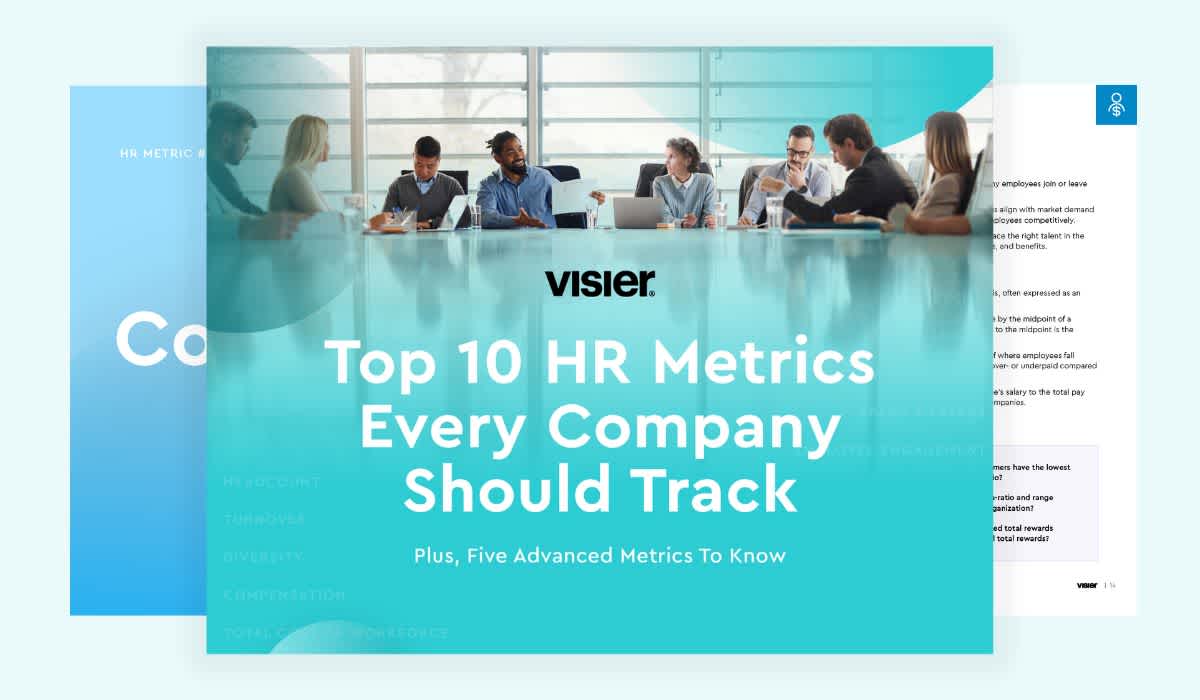Are Employers Reconsidering the Value of Degrees as Education Requirements?
Employers are facing an increasingly competitive hiring market and changing their views on required skills, education requirements and skills-based hiring.

As employers are facing an increasingly competitive hiring market, they’re changing their perspectives and requirements of candidates in a number of ways. One new way is by considering, or reconsidering, which required skills are actually education requirements.
According to McKinsey, “The effects of the COVID-19 pandemic, a potential recession, still-rising inflation rates, and the Great Attrition have driven employers to rethink their approach to human capital and talent management.”
Half of the U.S. workforce does not have a college degree, representing about 70 million employees. Traditionally, these employees have been hampered in the workforce by their lack of a degree, many hitting what has been referred to as “the paper ceiling”—a stalling point in their upward mobility due to having no degree which negatively impacts their earning potential.
That’s beginning to change with the realization that people have, and can acquire, a wide array of relevant skills beyond higher education.
Breaking down education requirements: Is “the paper” overrated?
The “Tear the Paper Ceiling” movement reflects an awareness of this untapped talent pool and “a flaw in the labor market” that “holds back skilled applicants.”
In Degrees of Risk, a study of Gen Z and employer perceptions of education-to-career pathways, American Student Assistance (ASA) and Jobs for the Future (JFF) discovered some interesting shifts in perspectives related to the value of a college degree—among both job seekers and employers. For instance:
Over 80% of employers believe they should look at skills rather than degrees when hiring
68% of employers want to hire from non-degree pathways
72% of employers don’t see a degree as a reliable signal of a candidate’s skills, but they are concerned regarding the potential risk of not hiring candidates with degrees
These shifting perspectives are driving change in employer approaches to seeking and evaluating talent.
“Organizations are looking at job seekers who have alternative credentials or work experience with transferable skills gained from on-the-job learning, industry-recognized certification programs, community college, or military service,” says Karen Leal, a performance specialist with Insperity.
“By expanding the talent pool to highly skilled employees with alternative credentials, they can find workers to fill middle- and high-wage jobs in sectors in-demand or emerging roles,” Karen says.
Faced with a talent shortage of massive proportions during and since the pandemic, organizations are beginning to critically analyze just which positions actually need to carry degree requirements. Instead of including degrees as part of their candidate assessments, they’re taking more of a skills-based approach.
That may represent big benefits for individuals who are STARs, or Skilled Through Alternative Routes, without a college degree. It also represents opportunities for employers—many that are missing out on skilled talent by over- or only focusing on candidates with college degrees.
STARs losing ground
There is a significant wage gap between STARs and workers with bachelor’s degrees, and the gap is growing. “Adjusted for inflation, STARs now earn less on average than they did in 1976, and it takes more than 30 years on the job for STARs to earn the same wage that college graduates earn on day one of their careers,” according to the Gates Foundation.
In November, the Wall Street Journal reported, 41% of U.S. job postings required at least a bachelor’s degree—down from 46% at the start of 2019. College enrollments have also been on the decline since the pandemic with “2.5 million fewer students in college today than there were in 2009.”
STARs are poised to not only fill the void that many employers are experiencing, but they also may represent an opportunity to instill greater diversity in various types of workplaces. Why? Because STARs are highly represented by marginalized workers:
61% of Black workers are STARs
55% of Hispanic workers are STARs
66% of rural workers are STARs
61% of veteran workers are STARs
Shifting the focus to skills-based hiring
Many STARs have valuable skills—they just don’t have bachelor’s degrees. Where did they get these skills? It could be through community college, a certification program, military service, or on-the-job training and experiences.
HR professionals can be proactive in initiating conversations with organizational leaders and managers about whether current role requirements are really necessary to be successful in the position, Karen says. “Discussions should include which positions are eligible for alternative credentialing, review of processes, job descriptions, systems, and assessment strategies such as critical thinking exercises or case study evaluations,” Karen says.
Writing for Forbes, Beth Berwick and Annaliese Calhoun with Grads of Life say, “Research shows that selecting candidates based on skills can lead to better job outcomes than relying on degree attainment. At the same time, switching to a focus on skills does not invalidate degrees; it simply recognizes that some people have obtained certain skills through degrees and others have done so through work experience alone.”
Current employees can benefit too, Karen notes. Organizations can, and should, consider how they might provide training and experiences to help employees learn new skills and competencies. “Considering the value and relevance of alternative credentials increases the talent pool and allows current employees to upskill into their next role, broadens candidate diversity and gives employers a solution to beat the tight labor market,” she says.
Angela Briggs-Paige, VP, People & Culture with Opportunity@Work recently joined Yustina Saleh and Ian Cook, VP of People Analytics with Visier for a podcast on the paper ceiling, its impacts, and how companies can overcome those impacts to gain access to a large and highly skilled potential workforce.
Your talent pool may actually be larger—much larger—than you thought!


